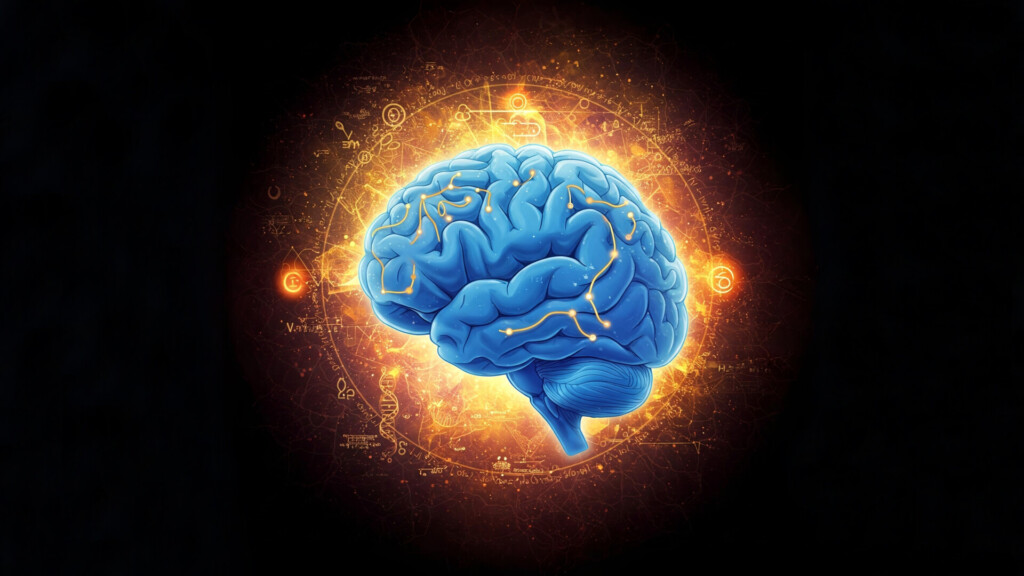Since ancient times, humans have been obsessed with unveiling the future. Prophecies sometimes serve as cryptic warnings, sometimes as uncanny coincidences. Yet, some predictions have been etched into history, making even science pause for thought. Are prophecies real, or just an acute sense of the times?

Prophecy or Intuition – When History Echoes from the Future
Ancient civilizations revered those who could foresee the future. But was it supernatural ability or simply heightened intuition?
Nostradamus – Prophet or Master of Ambiguity?
Michel de Nostredame (1503–1566) left behind Les Prophéties, a collection of hundreds of cryptic quatrains. Many believe he predicted:
- The French Revolution (1789): Quatrain I-3 describes “angry mobs” and “blood spilled in the capital,” evoking images of chaotic Paris as King Louis XVI met his fate.
- Hitler: Quatrain II-24 mentions “Hister” – a name eerily close to Hitler. While “Hister” actually refers to the ancient name of the Danube River, some argue that Nostradamus was alluding to Adolf Hitler, the Nazi leader who was born near the Danube and whose rise led to the horrors of World War II.
- Baba Vanga’s Prediction: “The American brothers will fall by steel birds.” Many interpret “American brothers” as the Twin Towers and “steel birds” as the airplanes. On September 11, 2001, hijacked planes crashed into the World Trade Center (WTC) in New York, causing the towers to collapse in a devastating tragedy.
- 9/11 Attack: Quatrain I-87 speaks of “a great fire from the sky” striking a “new city.” Some link this to the 9/11 attacks when two hijacked planes struck the WTC in New York, leading to the catastrophic collapse of the Twin Towers.
But did Nostradamus truly foresee the future? According to Professor Brian Dunning (2013) in Nostradamus: A Skeptical Look, these verses are too vague and open to multiple interpretations. The confirmation bias makes people focus on successful predictions while ignoring the many failed ones. Perhaps Nostradamus wasn’t a prophet but a master of cryptic language.
Wolf Messing – A Seer or a Psychological Genius?
Wolf Messing (1899–1974), a Polish-born stage performer, was rumored to have psychic abilities and even worked with Stalin. He allegedly predicted:
- Hitler’s Death: In 1940, Messing stated, “Hitler will die if the Germans advance eastward.” This coincided with Germany’s defeat by the Red Army and Hitler’s eventual death in 1945.
- The Collapse of the Soviet Union: He once proclaimed, “The great union will break apart.” In 1991, the Soviet Union dissolved.
However, Messing’s abilities might have been rooted in reading human expressions rather than actual foresight. Paul Ekman (2001), a researcher on microexpressions, showed that some individuals can detect even the subtlest facial cues to predict behavior accurately. Messing might have transformed the science of intuition into the art of prophecy.
Edgar Cayce – The Man Who Dreamed of the Future
Edgar Cayce (1877–1945), known as the “Sleeping Prophet,” made predictions while in a trance state:
- The 1929 Stock Market Crash: In 1925, he warned of a “financial storm”—four years later, the U.S. stock market collapsed.
- China’s Rise: He predicted China would become the “cradle of a new world.” Today, China is an economic powerhouse.
- The Mystery Beneath the Sphinx: Cayce spoke of a “Hall of Records” containing ancient knowledge beneath the Sphinx. In 1998, ground-penetrating radar (GPR) detected anomalies under the Sphinx, though excavation has yet to confirm his claims.
Were Cayce’s predictions supernatural or simply an extraordinary sensitivity to historical patterns? In a study by Daryl Bem (Cornell, 2011), some participants guessed upcoming random events at a slightly higher-than-average rate (53% instead of 50%). Though controversial, this suggests that prophecy and intuition might be linked to the subconscious—a field science is still exploring.
When Science Confronts Prophecy
While science has yet to fully decode the phenomenon of prophecy, there are some explanations:
- John A. Bargh (Yale, 1996) found that 80% of human decisions are made subconsciously before the conscious mind becomes aware. This might explain Messing’s and Cayce’s “visions.”
- The Science of Intuition suggests that some brains don’t truly “see” the future but are exceptionally skilled at detecting vague signals, connecting scattered data, and sensing historical patterns.
What we call prophecy might simply be a different form of intelligence—one that science is still unraveling.
Prophecy challenges science, but it also raises a question: Can spirituality and science overlap? Nostradamus, Messing, and Cayce may not have truly glimpsed the future, but they tapped into the hidden depths of the human mind. As scientific research advances in the study of intuition, perhaps one day we will better understand the mysteries that still baffle us today.
